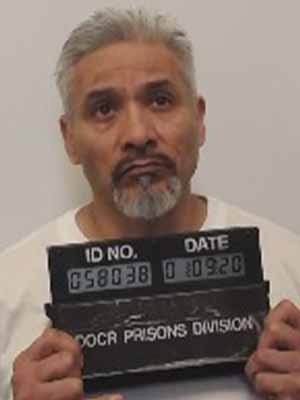

The unanimous opinion released Dec. 30 noted that Pima County Attorney Laura Conover recently raised a novel question in Arizona law – whether the right accorded a crime victim in Arizona to refuse a defense interview also applies to a witness who was a victim of the same defendant in another state.
Valentin Jose Valenzuela was indicted in 2019 of one count of count of sexual conduct with a minor under age 15 for activities alleged to have happened in 1997 to 1999. He was also convicted in 2019 in North Dakota of continuous sexual abuse of another minor. Both victims were related to Valenzuela, now 55.
The Pima County Attorney’s Office intends to call the North Dakota victim as a witness at a 404 hearing in Valenzuela’s case. A 404 hearing is conducted so a trial judge can decide what testimony, if any, the jury will hear about a defendant’s “other crimes, wrongs, or acts.”
Such evidence can be admissible in sexual misconduct cases “if relevant to show that the defendant had a character trait giving rise to an aberrant sexual propensity to commit the offense charged,” according to the rule.
Valenzuela’s defense attorney sought to interview the North Dakota victim first, after which Conover argued that the witness-victim has the protections of Arizona’s Victims’ Bill of Rights. But Pima County judge ruled he could not see a way to grant rights under Arizona law to a North Dakota resident victimized in North Dakota.
Conover’s office challenged the trial court ruling, leading to the recent Arizona Court of Appeals opinion authored by Presiding Judge Philip Espinosa.
The opinion noted that Arizona and North Dakota constitutions do not conflict as to the right of a victim to refuse an interview by a defendant accused of committing crimes against that victim. And according to Espinosa, the North Dakota Constitution gave the North Dakota victim the right to refuse a defense interview if Valenzuela was standing trial there for abusing another victim.
Which is why Arizona’s Victims Bill of Rights should extend to someone victimized out of state who is called on to appear in an Arizona courtroom to “recount the particulars of the offense the defendant committed against the victim,” Espinosa wrote.
“Were we to conclude that Arizona’s (victims bill of rights) did not apply in this instance, not only would this state be deprived of the application of its laws, but we would also deprive the victim of protections she would be entitled to under North Dakota law,” the opinion states, noting it would be inconsistent with the intent of Arizona’s victims’ rights protections to place a victim at risk “merely because they were victimized elsewhere.”
READ MORE ABOUT VALENZUELA’S CASE HERE
The court of appeals opinion takes effect in 30 days unless Valenzuela files a petition for review with the Arizona Supreme Court. In the meantime, Valenzuela remains in the Pima County jail awaiting a 2022 trial. While there he is receiving credit for a 12-year prison sentence imposed in the North Dakota case.

